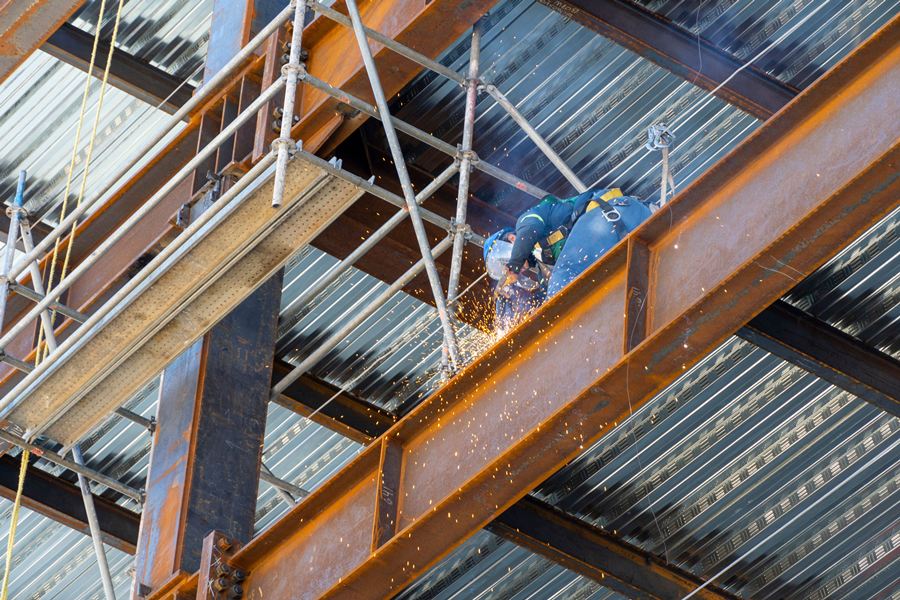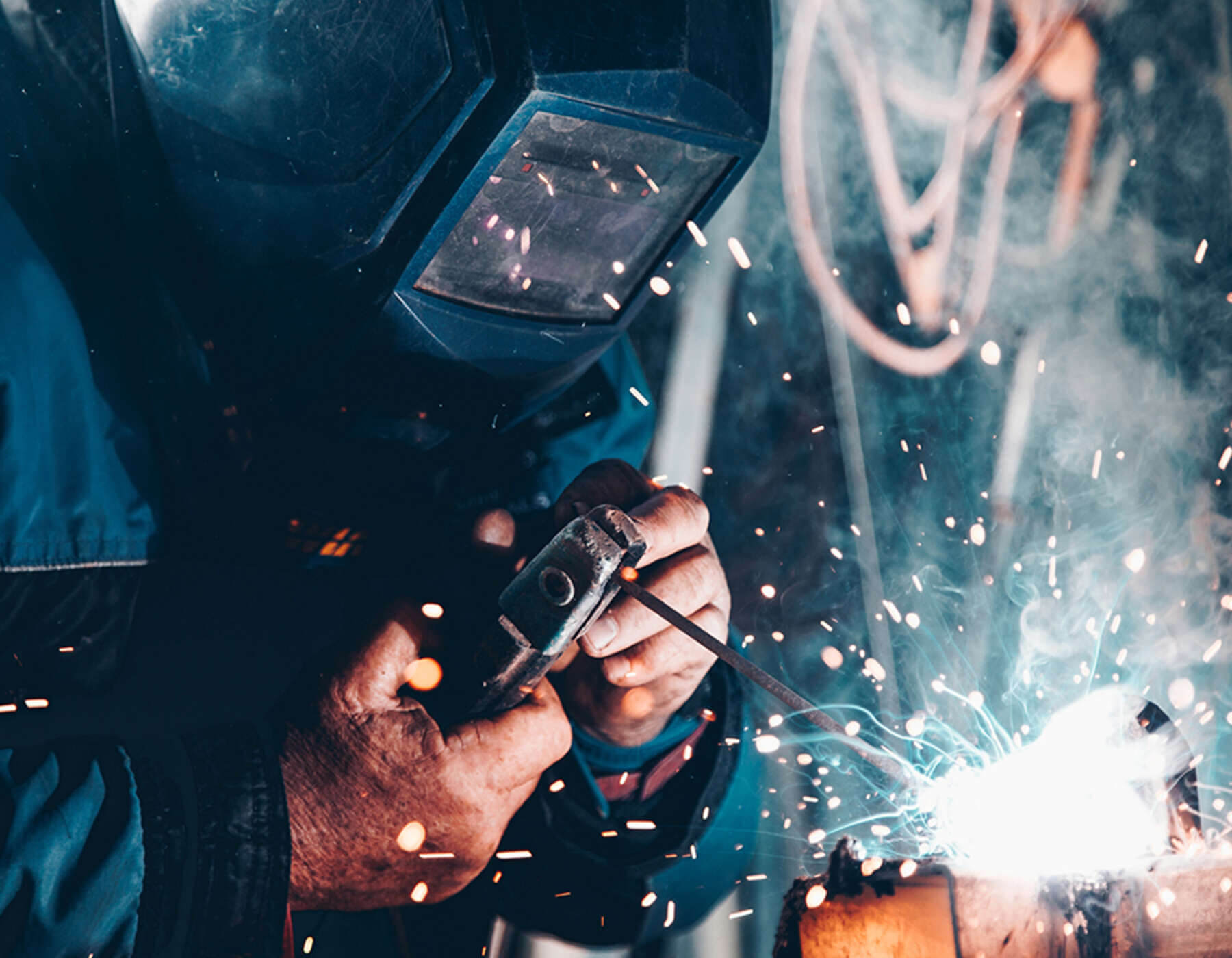
Steel fabrication is a huge part of modern-day construction. Offering strength, durability, and flexibility across all steel components.
And, it is the structural steel fabricator’s role and responsibility to harness these benefits and more.
Helping to transform the construction industry in particular, fabricators are responsible for building durable, sustainable, and visually striking structures, placing high emphasis on quality and precision.
In this post, we look at the role of a structural steel fabricator, what they do, and their roles and responsibilities.
What does a fabricator do?
The role of a fabricator is varied and vast. Responsible for transforming raw steel into unbelievable structures using cutting, bending, and forming techniques. Structures include high-rise buildings, bridges, industrial facilities, architectural steel artwork, and more.
Using precision engineering techniques and advanced tools and technology, steel fabricators are skilled craftsmen as they bring design architecture to life, meeting everyday modern construction demands.
Fabricators, in essence, must be able to understand drawings and design blueprints, work out measurements and tolerance, weld fitted parts together, assemble components, and construct finished products, often using heavy machinery such as cranes and other equipment.
Fabricator job responsibilities
Some of the key skills and steel fabricator duties include:
Technical proficiency – fabricators must have a clear understanding of engineering design principles, with the ability to interpret complex architectural drawings to meet set specifications.
Attention to detail – every cut, bend, and weld must meet stringent quality standards to ensure complete structural integrity.
Ability to problem solve – fabricators are required to be quick thinkers and innovative solution providers. Often, experienced fabricators can identify potential issues before they become costly problems.
Project management – must be able to meet and keep to construction schedules.
Strength and fine motor skills – when we look at what do fabricators do, we have to take into account that working with structural steel requires a lot of heavy lifting and operating of large machinery, which must be done safely and effectively.
Meet industry standards – fabricators must meet stringent compliance requirements and tolerances, which means putting specific quality control measures in place, including regular inspections and testing. Certifications should also be in place to ensure all industry standards are met.
Structural steel fabrication
Some of the tools and technology that structural steel contractors will use across various projects include:
- Cutting tools, such as laser and plasma cutting. Note: Cutting must be carried out by experienced fabricators as it can affect the lifespan and resilience of a steel structure.
- Forming equipment. This may include hydraulic brakes and rolling machines allowing fabricators to achieve complex shapes and bends.
- Welding and assembly – Professional welders will use various welding techniques, choosing the most appropriate one for the material and project. Welding techniques range from MIG, TIG, and stick welding, all used to join steel components securely.
- Finishing – from sandblasting and painting to powder coating, finishing allows fabricators to add the final touches to a piece. Making it more aesthetically pleasing and adding an additional layer of protection, as most finishes provide resistance to corrosion.
- CAD software – this piece of technology can be a vital tool in ensuring that designs and specifications are just right. Allowing you to carry out any necessary tweaks at this stage before jumping into full manufacture, CAD designs allow for more precision and planning.
The entire fabrication process must be carried out to a high standard for all steel components to come together and work.
Fabricators can’t afford misalignments or structural weaknesses that could compromise quality and safety.
This means that they also have a duty to carry out:
- Material testing
- Dimensional checks
- Welding inspections
Structural steel fabricators
Collaboration and communication are two vital skills of a fabricator as they often work with architects, engineers, and project managers from various industry backgrounds.
Keeping the lines of communication open is essential to ensure that deadlines and schedules are continuously met and everyone is on the same page.
What does a steel fabricator do?
When we start to delve further into this question, it can seem like opening up a can of worms, as there are many varying elements that make up a good fabricator.
In addition, the roles and responsibilities of a steel fabricator are vast. They and the teams they work with are responsible for ensuring the highest quality structural projects that meet compliance requirements and, in most cases, are able to stand the test of time.
If we were to be bold, we would state that the construction sector, in particular, could not survive without steel fabrication; it plays too much of a pivotal role in what it provides and supports.
This makes finding not only a good fabricator but the right fabricator for your project essential.
Providing structures that can stand the test of time, at Morfabrication, we work closely with our customers to ensure that we meet your requirements precisely. Meeting all safety standards, we provide integrity, safety, and longevity in all our steel components.
